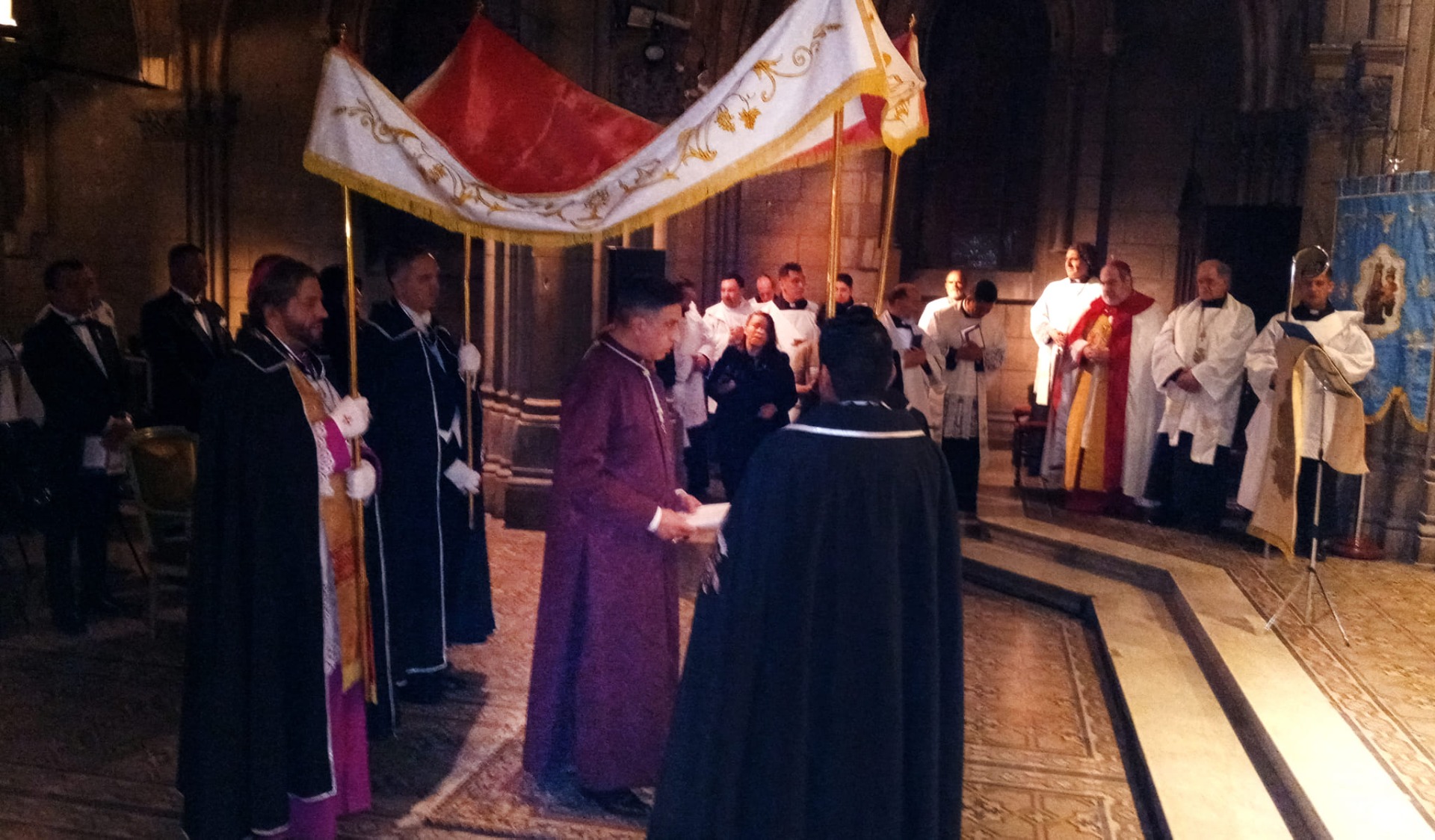Cultural Custodians: The Quiet Power of Non-Reigning Royal Families
When we think of royal families, images of grand palaces and glittering tiaras often come to mind.
However, beyond the celebrity status of reigning royals, there exists a fascinating world of non-reigning royal families.
Non-reigning royal families have deep ties to past royal lineages but no longer rule over a physical country. They hold significant historical and cultural authority, acting as curators of history rather than rulers of nations.
Unlike reigning royals who are often figureheads of territories, non-reigning royals quietly preserve traditions. Their roles vary, with many members holding regular jobs and living in ordinary homes, far from the media spotlight.
Being a non-reigning royal isn't about perks without responsibility.
These families serve as cultural ambassadors, preserving traditions, religion, and customs that might otherwise fade, acting as custodians of cultural heritage.

A ceremony of the Royal Merovingian Dynasty
You might wonder why these families matter if they don't control territory. In a globalized world, they play a crucial role in preserving cultural diversity, ensuring unique traditions and identities are kept alive for future generations
Many non-reigning royal families are deeply involved in charitable work, using their platforms to raise awareness for important causes. They bring attention to social issues without the political red tape, making a positive impact.
Non-reigning royals may not dominate media or govern territories, but their role is significant. They preserve culture and heritage without drama, reminding us of the rich tapestry of human history.
